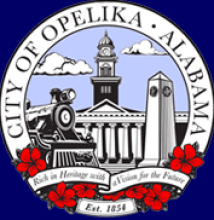Cortez, Colorado, Looking for Private Sector Partner
In early December, the city of Cortez, Colorado, released a request for proposals in their search for a private sector partner to help bring last mile fiber connectivity to premises throughout the community. The city is seeking a way to bring high-quality Internet access to the entire community, but will not expand it’s municipal fiber infrastructure. They're looking for ways to overcome some of the same challenges other small communities face as they attempt to improve local connectivity to every premise.
At A Crossroads
Smith told us that the city is at a crossroads and community leaders think that a public-private partnership (P3) might be the quickest way to get the people of Cortez better services they’re looking for at the affordable rates they deserve. The city faces the challenge of funding the expansion. Approximately $1 million from the Colorado Department of Local Affairs (DOLA) funded the Cortez middle mile infrastructure and connections to community anchor institutions (CAIs), including schools, healthcare facilities, and municipal facilities. Cortez is not able to obtain more grant funding from DOLA for last mile expansion.




